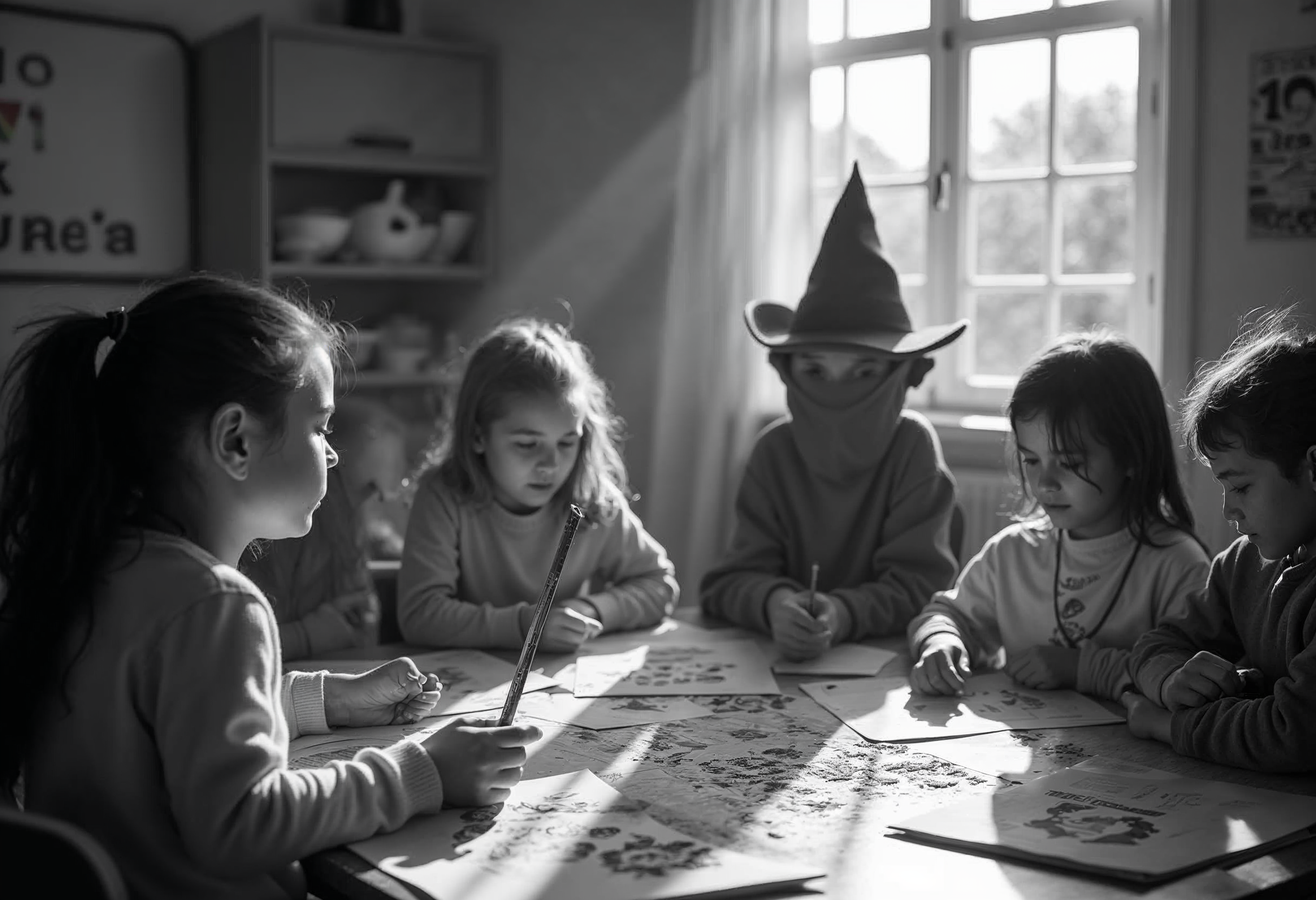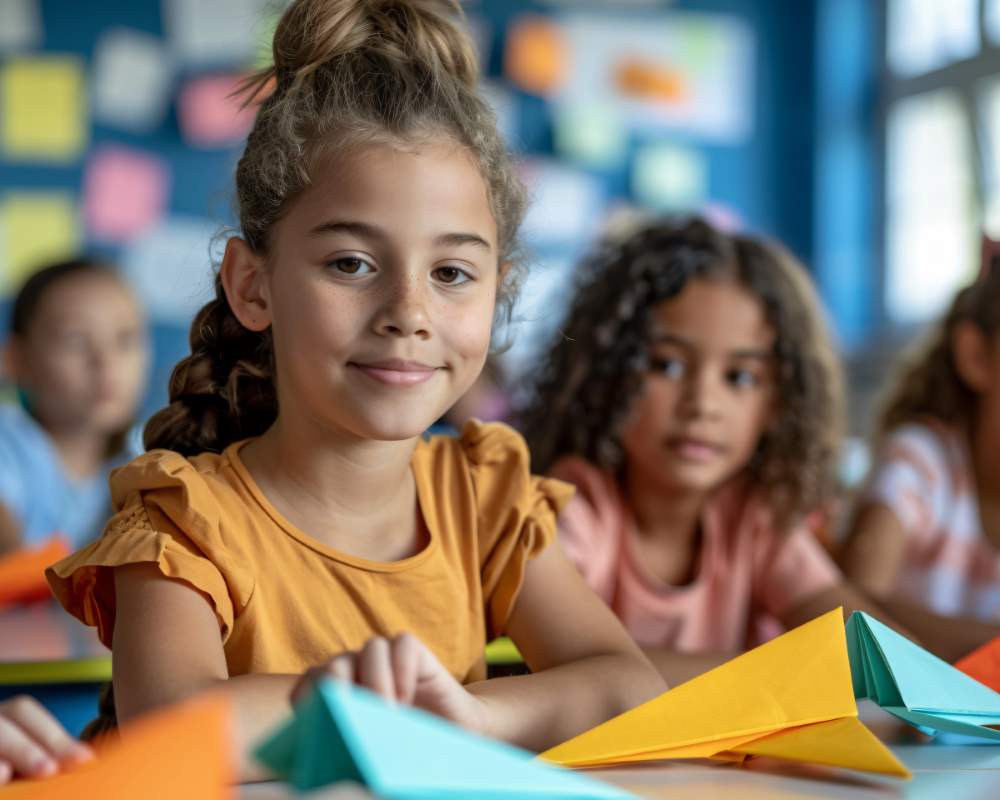During the academic year, students and teachers often seek something different—something more challenging and engaging than the usual EFL course. Preparing a play can be the key to excitement in class, especially when it involves hands-on activities and collaborative preparations.
Literature is frequently included in coursebooks, often in the middle or back sections, and is usually recommended for role-play presentations, especially around Christmas or at the end of the year. Some coursebooks also come with a reader that teachers can use in class or assign as homework. Readers often include questions, project ideas, or open discussions, depending on the topic and level of the students. Literature in the classroom is invaluable because it:
- Provides authentic material and language for practice.
- Stimulates imagination and encourages fresh ideas.
- Offers a break from the coursebook, which can motivate learning.
- Educates students by exploring the values and attitudes of the book’s characters.
- Creates opportunities for self-expression and peer interaction.
Crafts are a highly effective learning method for all levels. When linked to a learning objective, crafts greatly support knowledge acquisition. Creating puzzles, maps, posters, finger puppets, costumes, cards, and characters from clay, paper, cardboard, or dough enhances learning by:
- Enabling participation from all types of learners—visual, kinesthetic, and auditory learners can each contribute uniquely, at their own pace and preference.
- Enhancing cooperation and interaction.
- Reinforcing and mastering language use.
- Fostering autonomy and independence in learning.
Drama in the form of short plays, puppet theatre, or role-play organized and presented by learners is a proven asset for language development. Drama helps to:
- Improve learners’ verbal communication skills.
- Support learners emotionally, allowing them to express opinions, agree, or disagree with others.
- Promote learner autonomy by letting them decide on and control their roles and lines on stage.
- Create a lively and enjoyable learning environment, much like the effect of crafts.
- Fulfill learning objectives, as learners engage their bodies, actions, and minds through drama.
For example, dramatizing Winnie and Wilbur: Happy Birthday Winnie by Valerie Thomas and Korky Paul (published by Oxford University Press) was an exciting activity for learners.
Learners’ Choice: After reading several titles from the Winnie and Wilbur series, a class of B1-level students (aged 10-12) were asked to choose a book to perform on stage. They selected Winnie and Wilbur: Happy Birthday Winnie and shared their reasons, discussing the story in class.
Learners’ Crafts: Once roles were assigned, students made costumes, a magic wand, and a magic carpet. They created posters representing the story’s various settings, and one student even brought in a cake baked by their mother, which the class decorated with a chocolate “W” to symbolize Winnie.
Learners’ Innovation: Students extended the plot by adding songs they had learned and danced together during the birthday party scene, creating a festive atmosphere.
The teacher acted as a facilitator, adjusting some lines and setting a timeline for preparation. Most work was done in class, fostering effective interaction among students. They even resolved arguments on their own, without teacher intervention.
After the performance, the class held a discussion for assessment and feedback. Teamwork was evident throughout the process, but the most significant result was the positive change in classroom atmosphere: heightened enthusiasm and a strong desire to engage in more activities like this. It proved that literature, crafts, and drama are interconnected in language learning, motivating, inspiring, and exciting learners.




